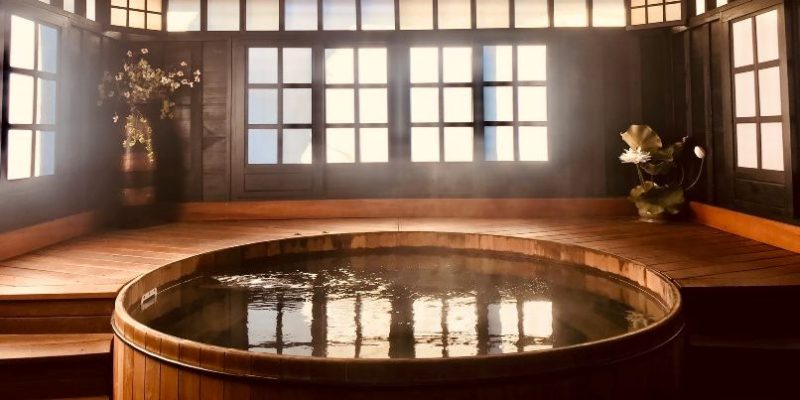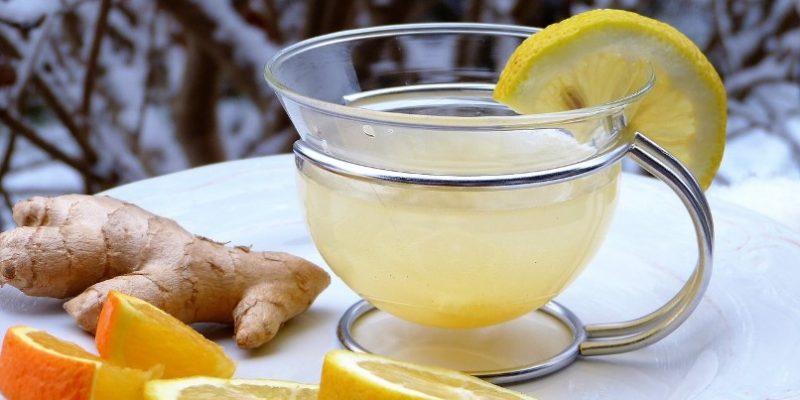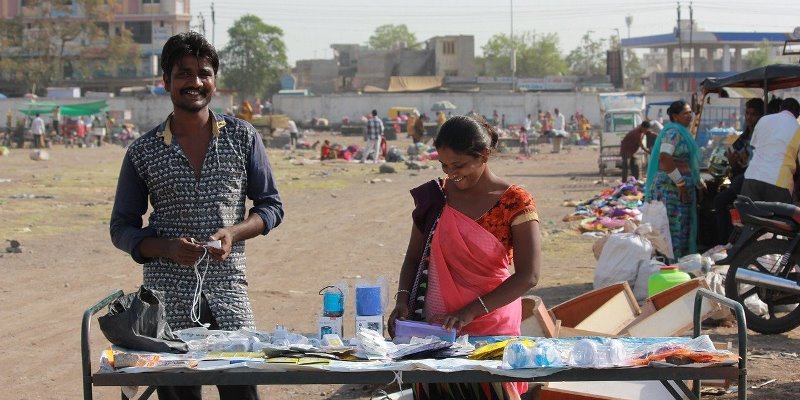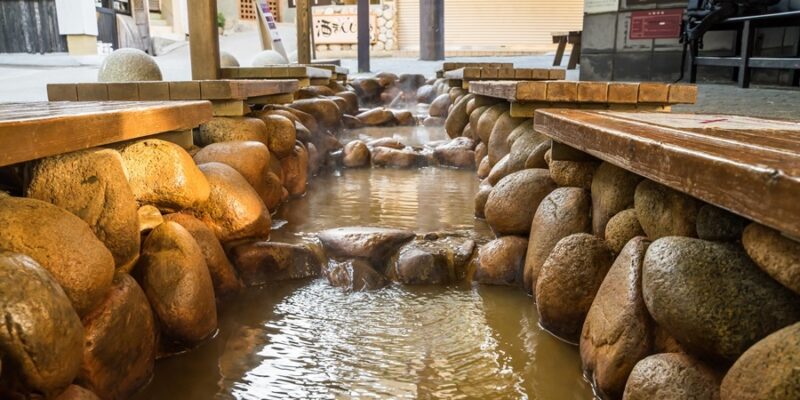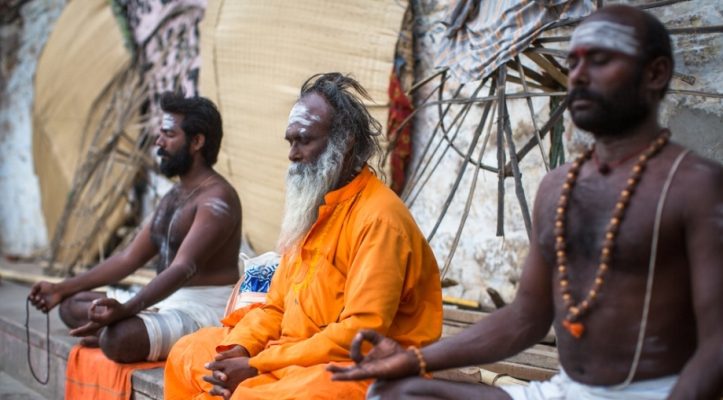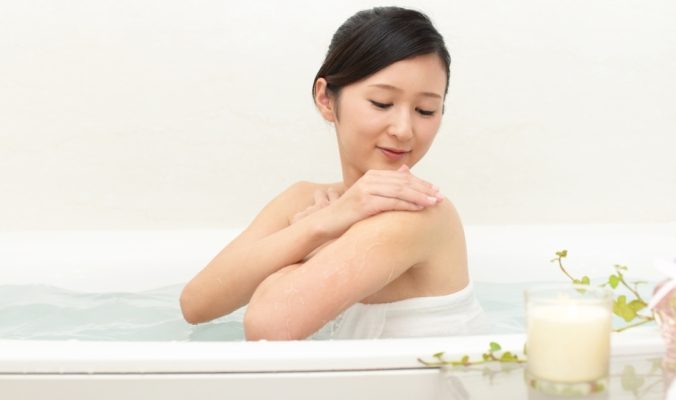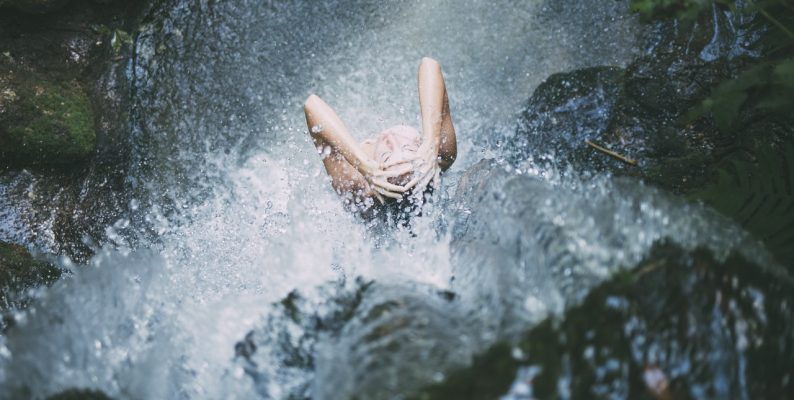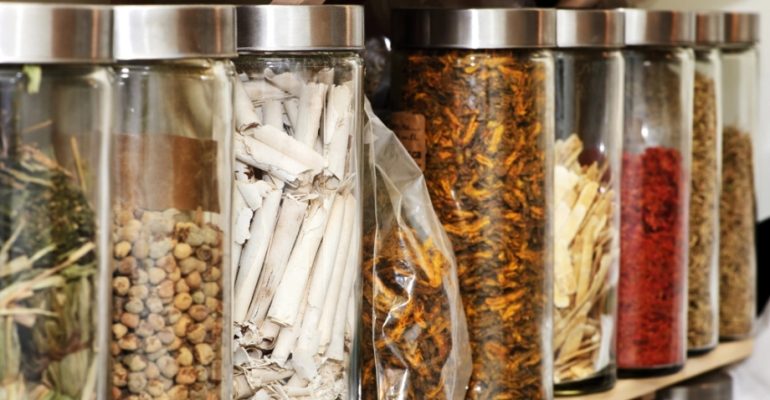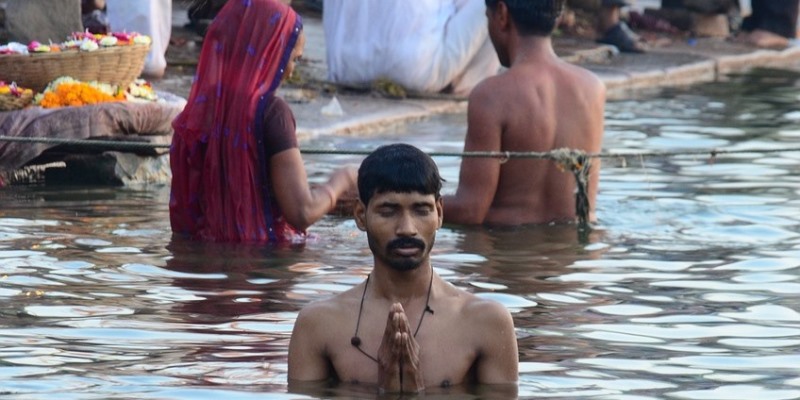
Bathing, called Snana in Ayurveda, is not taken lightly in the Dinacharya Self-Care practices, and is thought of having a large number of health benefits.

Snana, according to Ayurveda principles, should be done daily, best in the early morning before having breakfast, in order to remove fatigue, sweat and dirt. It’s thought that cleanliness is necessary for good health, growth and proper development of the body.
It’s furthermore thought that Snana purifies (externally and internally), stimulates libido, beautifies the body, prevents skin disease, strengthens and vitalizes, improves appetite and enthusiasm, increases Agni, stimulates the internal organs, supports the immune system, and gives longevity.
Typically, fresh water, lukewarm or hot water is used for bathing according to the season, a specific ailment, your Dosha imbalance, or your Dosha body type. Although you should always wash your head and hair, this shouldn’t be done with hot water, which is thought to be damaging for hair and eyes. The ideal place to take Snana is in a river, near sacred places, lakes or ponds.

A bath should not be taken immediately after eating because it’s said to cause indigestion. Additionally, you should wait at least half an hour after you’ve exercised before taking a bath, which gives the body the time to calm down and come to its normal functioning.
Nevertheless, mind that there are many types of Snana described in Ayurveda. Think of bathing while reciting mantras, bathing in the full sun, ritual bathing, bathing by smearing the body with mud, ash of burned medicated powder, dust (collected from dust that arises while a cow is walking), or cow dung.
There are also contraindications for doing Snana. Bathing is not recommended for persons suffering from temporary facial palsy, diarrhea, abdominal distension, indigestion, rhinitis, fever, anorexia, or for persons with an active eye, ear, or oral disease.
It’s furthermore thought that bathing in very cold water during cold seasons aggravates Vata Dosha and Kapha Dosha, and that bathing in very cold water in hot seasons aggravates Pitta Dosha.






